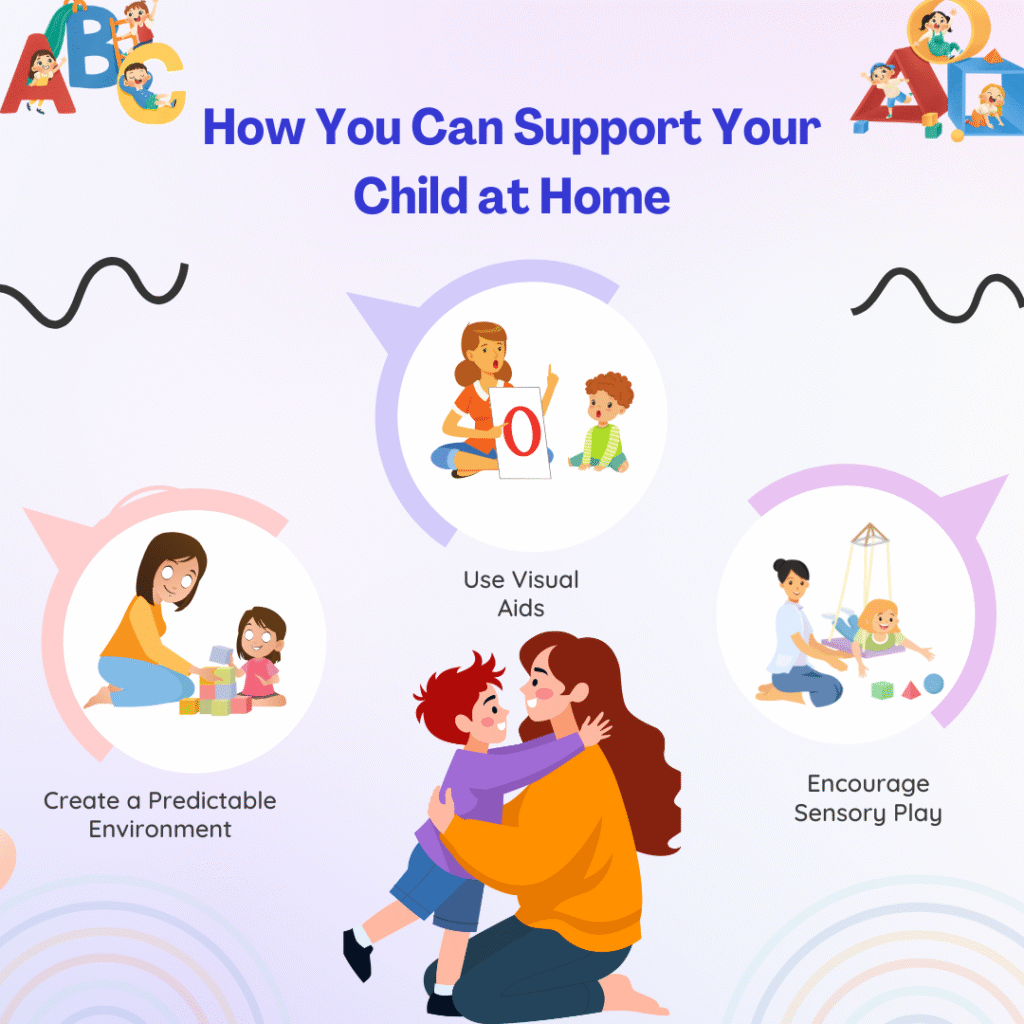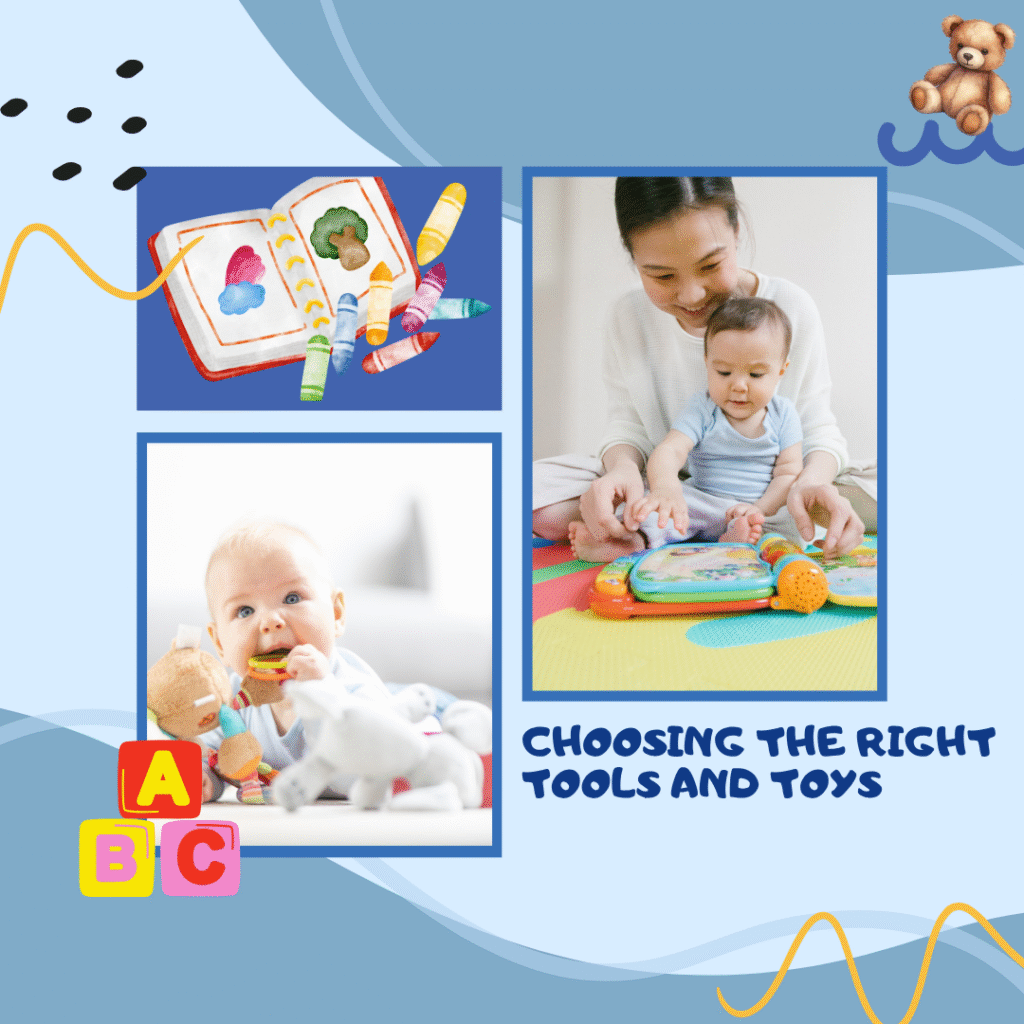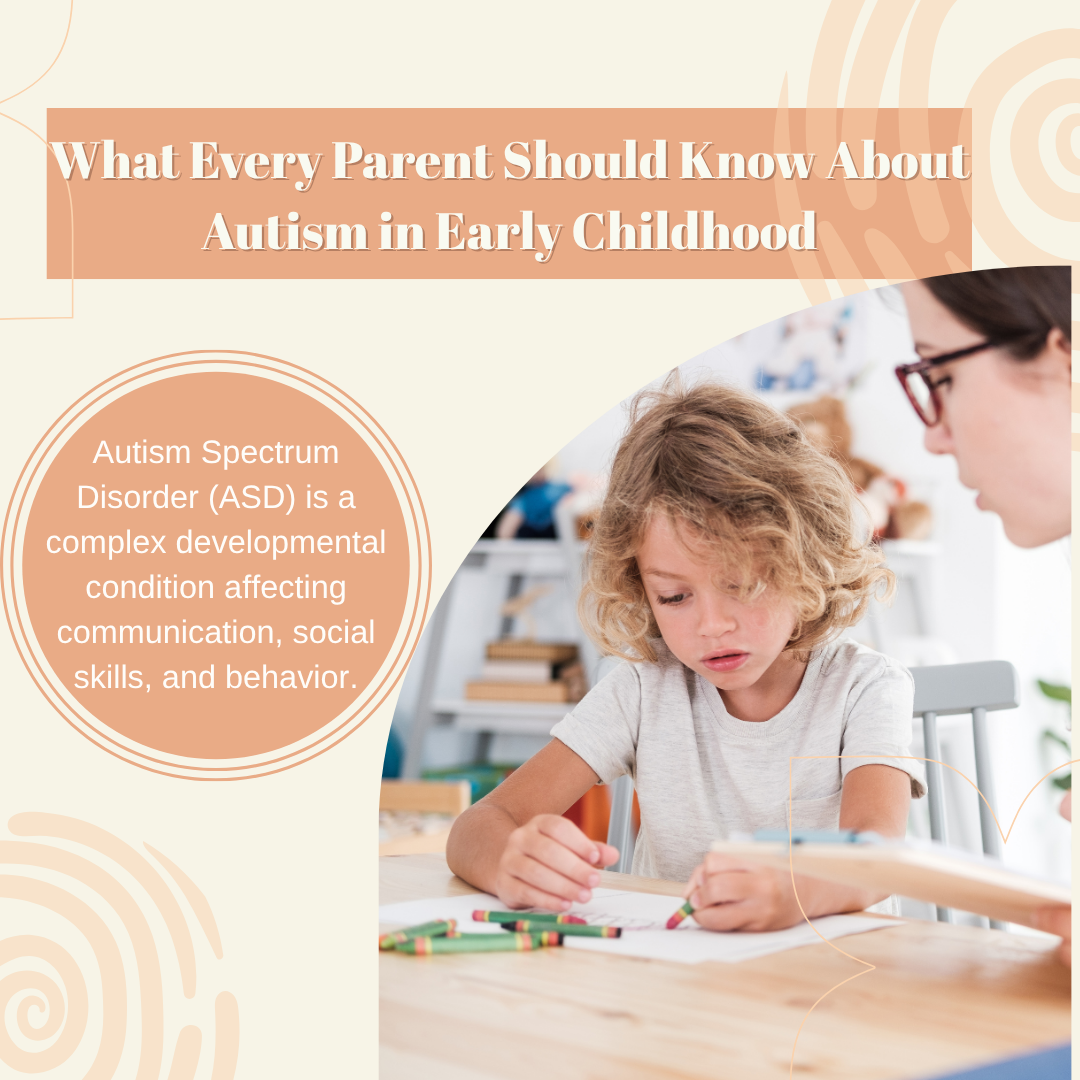Parenthood is a transformative experience, filled with both heartwarming moments and challenges. One of the most important aspects of a child’s development is understanding their health and milestones, especially when it comes to conditions like autism, which can raise many questions for parents.
Autism Spectrum Disorder (ASD) is a complex developmental condition that affects communication, social skills, and behavior. Every child with autism is unique, which means recognizing the signs early and offering the appropriate support can have a lasting impact on their development. Early intervention and understanding are key to providing the best support for your child as they grow.
Understanding Autism in Early Childhood
Autism is a spectrum disorder, meaning it affects each child differently, making every experience unique. The Centers for Disease Control and Prevention (CDC) reports that 1 in 36 children in the U.S. is diagnosed with autism as of 2023, showing how much more common it is than many realize.
Typically, signs of Autism Spectrum Disorder (ASD) begin to appear within the first three years of a child’s life. This makes early recognition and awareness crucial for providing the right support. With the right guidance, tools, and understanding, parents can empower their children to grow, thrive, and reach their full potential.
Early Signs to Look Out For
Every child develops at their own pace, but some signs of autism in early childhood may include
- Limited eye contact or facial expressions
- Delayed speech or language skills
- Repetitive movements (like hand-flapping or rocking)
- Difficulty understanding emotions or social cues
- Trouble adapting to routine changes
- Limited interest in peer interaction
It’s important to note that these signs alone do not confirm a diagnosis of autism. Many children go through phases of development where they may exhibit one or two of these behaviors. The key is consistent patterns and a delay or difference in typical milestones.
If you’re noticing signs or just feeling unsure, don’t wait. Speak to your pediatrician. Early screening tools like the Modified Checklist for Autism in Toddlers (M-CHAT) can help guide you.
Why Early Intervention Matters
The earlier autism is identified, the better the chances for children to develop essential communication, social, and life skills. Research shows that early therapy can significantly improve outcomes and quality of life.
From speech therapy and occupational therapy to Applied Behavior Analysis (ABA), various interventions can be tailored to suit a child’s specific needs.
Some of these services may even be available through your local school district or early intervention programs. Check out Child Mind Institute or Autism Speaks for in-depth resources and support options.

How You Can Support Your Child at Home
Being proactive in your child’s daily life can offer both comfort and growth opportunities. Here are a few things parents can do:
1. Create a Predictable Environment
Children with ASD often thrive on routine. Having consistent bedtimes, mealtimes, and play routines helps reduce anxiety and behavioral outbursts.
2. Use Visual Aids
Picture schedules or flashcards can help communicate daily activities or emotions. Simple, visual instructions can bridge the gap for children struggling with verbal communication.
3. Encourage Sensory Play
Many children on the spectrum have sensory sensitivities, either seeking out or avoiding certain textures, lights, or sounds. Sensory play is key to your child’s development. A sensory mat with a piano can help stimulate motor skills and cognitive growth in a fun and interactive way, offering your baby a safe environment to explore and learn.
You’re Not Alone
Parenting a child with autism may feel isolating at times, but you are not alone. Online communities, local support groups, and therapy centers can be lifelines of emotional and educational support.
Remember, your love, patience, and advocacy make you your child’s most powerful ally. Whether it’s pushing for a diagnosis, sitting through therapy sessions, or simply celebrating small victories at home, you are doing enough. And you’re doing it beautifully.

Choosing the Right Tools and Toys
Children with autism benefit from developmentally appropriate toys and tools that encourage learning and comfort. When selecting products, look for:
- Soft, sensory-friendly materials
- Easy-to-clean designs
- Items that promote engagement and interaction
- Developmental toys that support fine motor and communication skills
Final Thoughts: Every Child is a World of Possibility
Autism in early childhood is not a limitation; it’s a different path. With understanding, early support, and the right tools, children on the spectrum can lead vibrant, fulfilling lives.
If you have concerns, trust your instincts. Reach out to healthcare providers, lean on your community, and explore the wealth of resources available to you. And remember, Infant Pamper is here every step of the way, with love and knowledge, to support you and your little one.
Disclaimer:
This article is for informational purposes only and should not be used as a substitute for professional medical advice, diagnosis, or treatment. Always consult your pediatrician or a licensed healthcare provider with any questions you may have regarding a medical condition.




